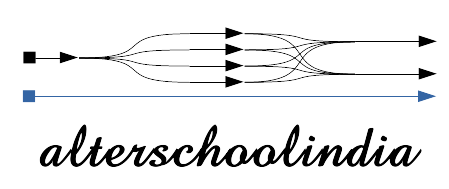Judicial independence is the concept that the judiciary needs to be kept away from the other branches of government. That is, courts should not be subject to improper influence from the other branches of government, or from private or partisan interests. Judicial Independence is vital and important to the idea of separation of powers.
- extracted from Judicial Independence, Wikipedia as on 10th March 2018
Independence of judiciary means that the other organs of the government like the executive and legislature must not restrain the functioning of the judiciary in such a way that: it is unable to do justice, the other organs of the government should not interfere with the decision of the judiciary, judges must be able to perform their functions without fear or favour.
Independence of the judiciary does not imply arbitrariness or absence of accountability. Judiciary is a part of the democratic political structure of the country. It is therefore accountable to the Constitution, to the democratic traditions and to the people of the country.
In any society, disputes are bound to arise between individuals, between groups and between individuals or groups and government. All such disputes must be settled by an independent body in accordance with the principle of rule of law. This idea of rule of law implies that all individuals — rich and poor, men or women, forward or backward castes — are subjected to the same law. The principal role of the judiciary is to protect rule of law and ensure supremacy of law. It safeguards rights of the individual, settles disputes in accordance with the law and ensures that democracy does not give way to individual or group dictatorship. In order to be able to do all this, it is necessary that the judiciary is independent of any political pressures.
-extracted from Chapter 6, Social and Democratic Politics, Class 6, NCERT (edition necessary)


 Got any questions?
Got any questions?